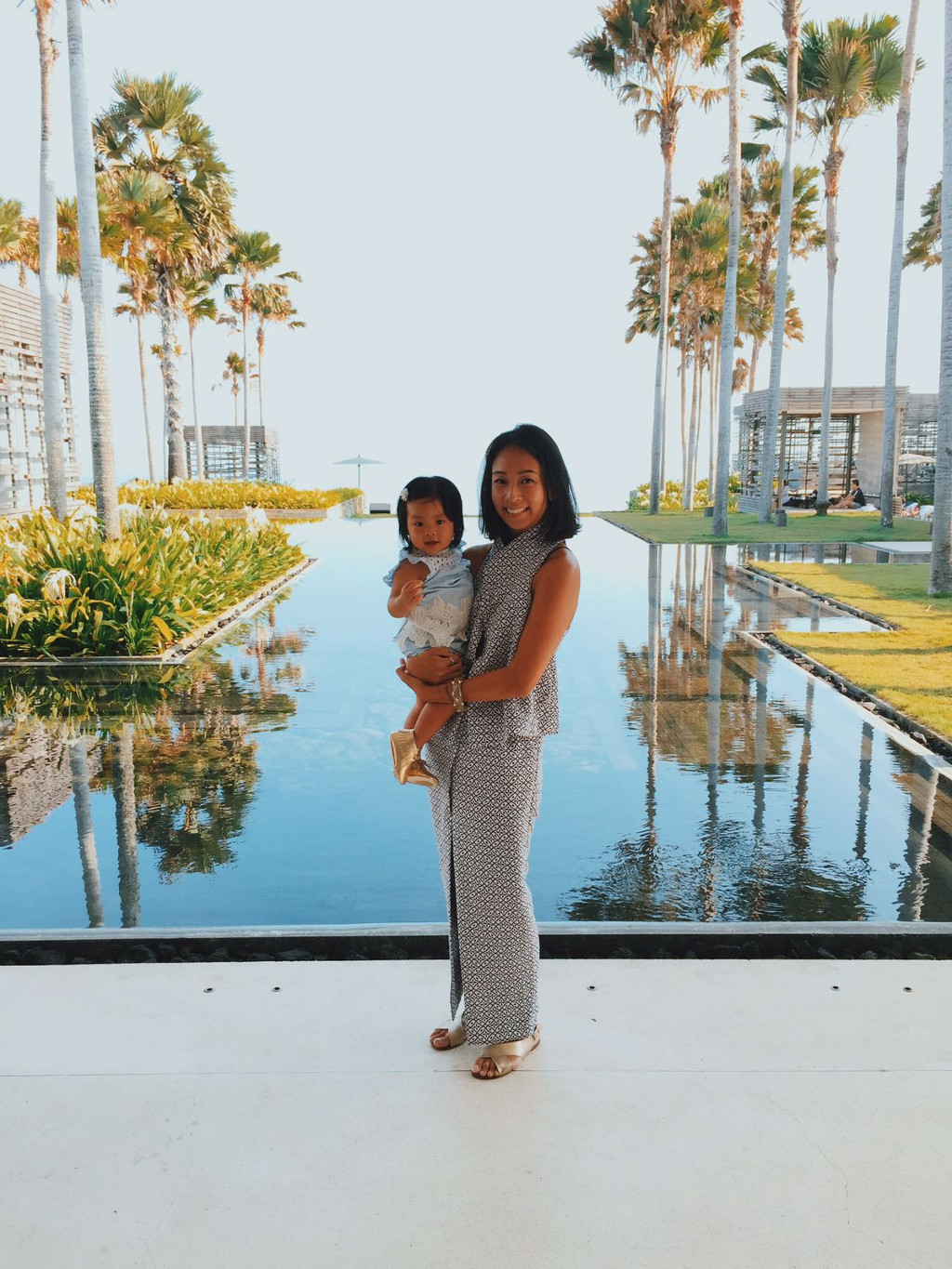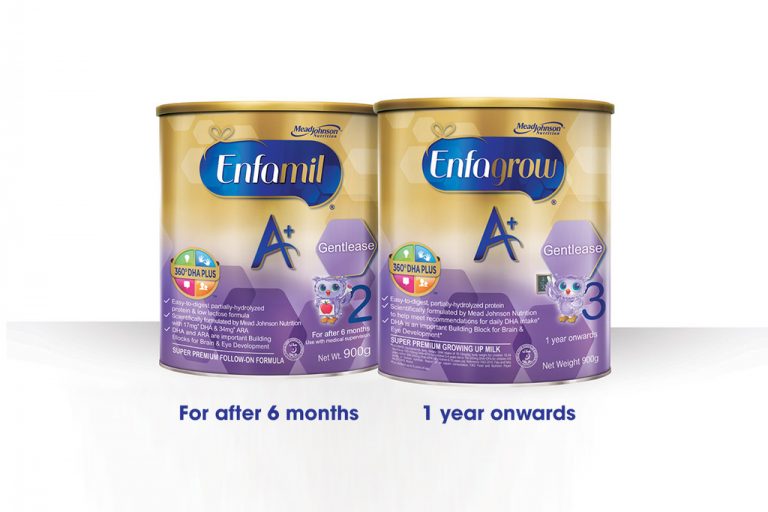SingaporeMotherhood | Parenting
September 2017
Talking through Tummy Troubles – Finding Ways to Cope if Your Baby Has a Delicate Tummy


As the saying goes, mothers know best, and we wanted to get the real low-down from a busy mum who has experienced trying times with a baby who’s had a delicate tummy
It’s never easy being a mum, and even tougher if your baby seems to have a fussy tummy. Charmaine Seah-Ong, mum to Charlie Rose (now two years old), and co-founder of Singapore branding and marketing agency Elementary Co, shares some of her experiences and gives us her top parenting hacks. For all the mamas who are feeling overwhelmed, don’t worry and remember, you know your baby best.

Tip #1 – Remain Calm
Everyone talks about the wonders of motherhood, but no amount of talking or reading will prepare you for the dirty details. It’s no surprise that the term ‘delicate tummy’ doesn’t make it to most pre-baby conversations. Whilst pregnant with Charlie Rose, first-time mum Charmaine certainly didn’t anticipate a delicate tummy. In fact she had no idea what it meant! After six months of age, when Charlie Rose started spitting up her food, like every mother, Charmaine began to worry if she was getting enough nutrition.
If you have ever been put in a similar situation, the information found especially on the internet can be extremely overwhelming, and as a mother, it’s natural to panic. Charmaine advises first-time parents to remain calm and focus on what is important and relevant for you and your child, as motherhood is a big learning curve at each stage.

Tip #2 – Listen to Your Baby
Every baby is different, but sometimes the tell-tale signs are the same, so it’s important to listen to your baby during their feeds. Take time to capture their reactions during and after mealtime – do they appear uncomfortable or a little grumpy? Do they spit up or pass excessive gas after a big feed? The key sign Charmaine saw in Charlie Rose was her regular spit up after her feed and how uncomfortable she looked.
One useful tip from Charmaine is to record your baby’s feed for the first three days after the first sign, along with the timing of the feeds and what they are ingesting. It will give you a much clearer idea of what exactly is making your baby feel uncomfortable and what the next steps should be.
Tip #3 – Feed in Small Doses
If you’re lucky, you might have a “baby whisperer” in the family, like Charmaine did. Having raised four children of her own, Charmaine’s mother was more than equipped with tips and tricks to pass on to her daughter. She advised Charmaine to feed in smaller quantities per session to give the stomach more time to settle even when her baby was more than six months old.
When Charlie Rose was able to take in solid food into her diet after six months of age, Charmaine continued to practice “a little goes a long way”, giving her baby more time to digest.

Tip #4 – Be Prepared for a Little Mess
With a fussy baby, always be prepared to get a little messy! Charmaine recommends keeping a handy bag that has everything mums need: a change of clothing, handy pack of wipes for the messy spit ups, and dry snacks like baby crackers to munch on when they can’t handle other food. And for the days when the going gets tough, Mama, take a deep breath and count to ten. A little patience, mindfulness, and some tea goes a long way.
Tip #5 – Look for Alternatives
If your baby has a delicate tummy, never suffer in silence, trust your instinct and seek advice from your paediatrician, family or friends.
You may also consider making dietary changes for your little one, such as switching to milk products or food that is more suitable for young, developing tummies, after seeking advice.

Find out more about Enfamil A+ Gentlease Stage 2 and how it will support your baby’s nutrient needs below.
With over 100 years of experience in paediatric nutrition, Mead Johnson Nutrition has scientifically formulated Enfamil A+ Gentlease Stage 2 with 360° DHA PLUS for children after six months of age, formulated with easy-to-digest partially hydrolysed protein and low lactose, so it’s gentler on your baby’s delicate tummy. This formula provides balanced nutrition for supporting growth and development. Scientifically formulated with 17mg DHA and 34mg ARA per 100kcal, it helps meet recommendations◆ for infants 6-12 months.

Also available: Enfagrow A+ Gentlease Stage 3 for children one year onwards
To learn more about supporting your child’s delicate tummy’s development, please click here.
◆ FAO/WHO recommends daily dietary DHA intake of 10-12mg/kg body weight for infants 6-12 months. Reference: FAO 2010. Fats and fatty acids in human nutrition. Report of an expert consultation. FAO Food and Nutrition Paper No.91.FAO: Rome.
Note: Breast milk is the best for babies. The World Health Organization recommends exclusive breastfeeding for the first six months of life. Unnecessary introduction of bottle feeding or other food and drinks will have a negative impact on breastfeeding. After six months of age, infants should receive age-appropriate foods while breastfeeding continues for up to two years of age or beyond. Consult your doctor before deciding to use infant formula or if you have difficulty breastfeeding.
This is a sponsored post.
All content from this article, including images, cannot be reproduced without credits or written permission from SingaporeMotherhood.
Follow us on Facebook, Instagram, and Telegram for the latest article and promotion updates.





